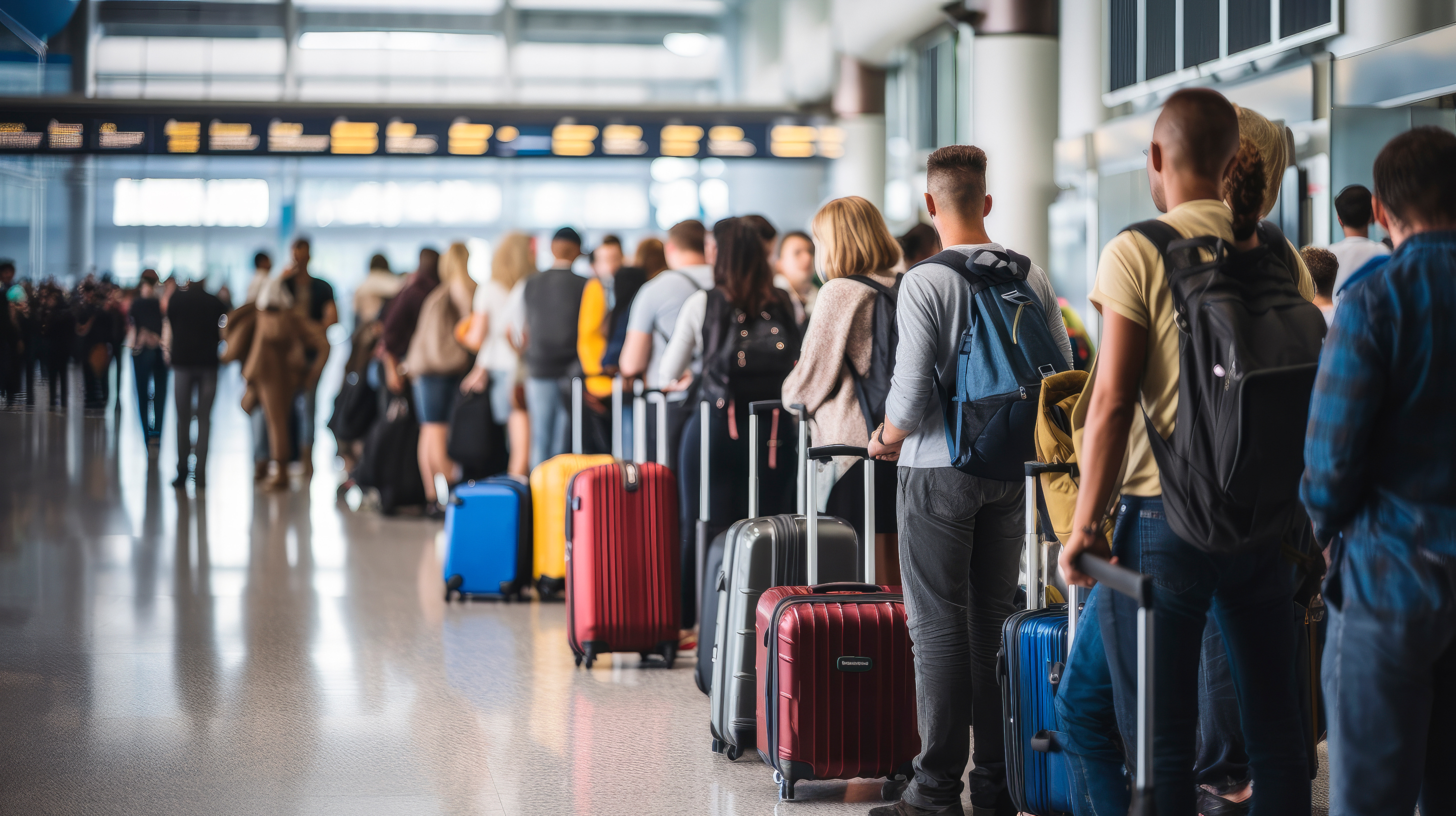
.svg)
A record 194,554 international students obtained work authorization through Optional Practical Training (OPT) in 2024, found a new Boundless report. Of those, 95,384 students received employment authorization through science, technology, engineering, and math (STEM) OPT, a 54% increase in just one year.
This marks the fourth consecutive year of STEM OPT growth, a sign that international students aren’t just studying in the U.S. — they’re helping fill urgent workforce shortages in high-demand fields like artificial intelligence (AI), data science, and engineering.
“International students are fueling our economy for the next generation, launching startups and solving problems in science, technology, and healthcare,” says Xiao Wang, founder and CEO of Boundless Immigration. “Pushing them away is like turning off a tap that feeds American growth.”
International students face mounting challenges under the Trump administration, from visa cancellations to social media vetting and enforcement actions at top universities.
The report takes a closer look at the data behind these trends and what’s at stake for the future of U.S. education, innovation, and the economy.
Other findings include:
- Enrollment Growth: U.S. international student enrollment climbed to 1.58 million in 2024, up 5.3% from the previous year.
- Economic Impact: Foreign students contributed $43.8 billion to the U.S. economy, a 9.5% increase from 2023, and supported 378,175 jobs during the 2023–2024 academic year.
- Geographic Concentration: California hosted 14.6% (237,763) of all international students. Nearly half of all foreign students in the U.S. were concentrated across five states: California, New York, Texas, Massachusetts, and Florida.
- Countries of Origin: More than 70% came from Asia, led by India (422,335) and China (329,541), which together made up 47.5% of all SEVIS records.
Why This Matters
The U.S. does not have enough domestic talent to meet workforce needs in fast-growing industries. International graduates are filling these gaps, helping companies innovate and remain globally competitive.
At the same time, political headwinds are creating uncertainty. According to the Boundless report, international students are increasingly considering alternative destinations like Canada, the U.K., and Australia, putting the U.S.’s most valuable talent pipeline in jeopardy.
“International students are economic drivers, cultural ambassadors, and problem-solvers whose presence — or absence — will shape not only the future of U.S. higher education but also American society,” said Wang.
“Every data point in this report tells the same story: International students want to be here,” he added. “The real question is whether the United States will keep the door open, or send a message that says, ‘You’re not welcome.'”
Read the full report here.
{{cta-component-center-aligned}}
.png)
.png)
.png)









.svg)
.avif)